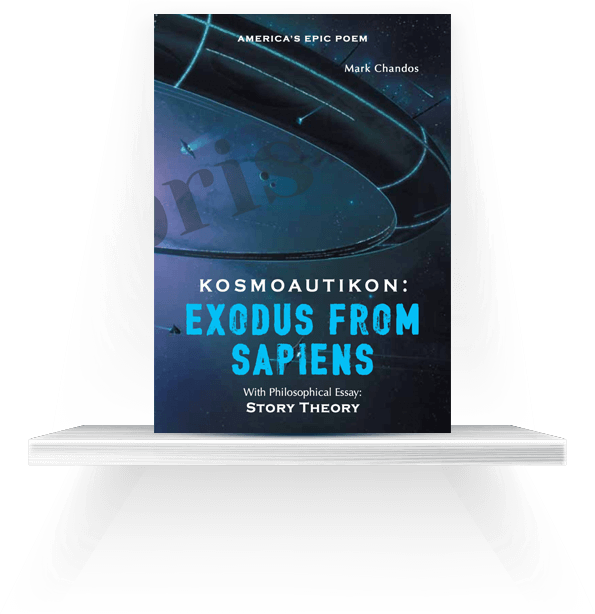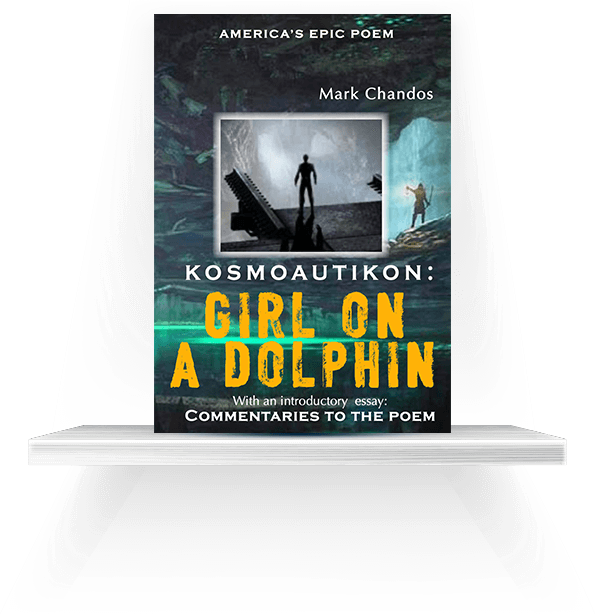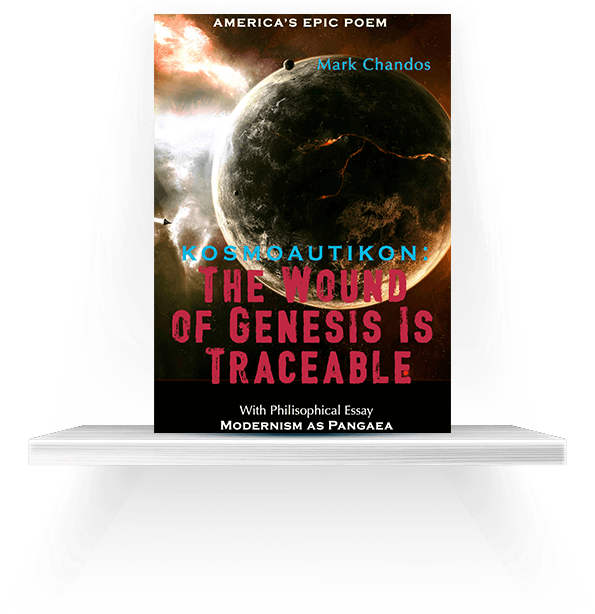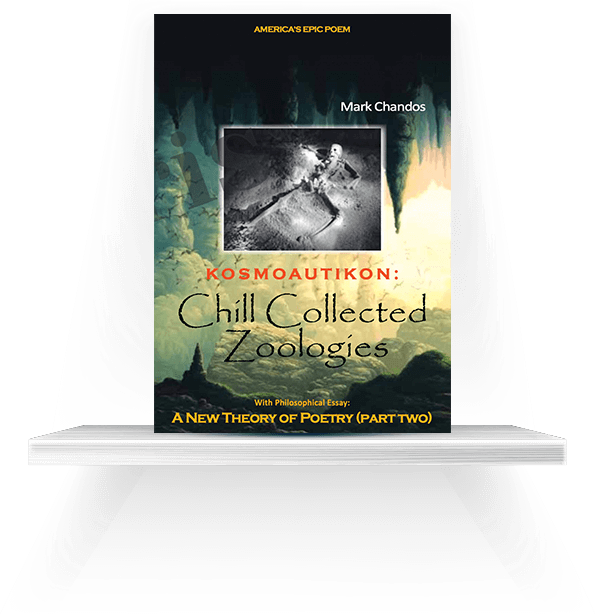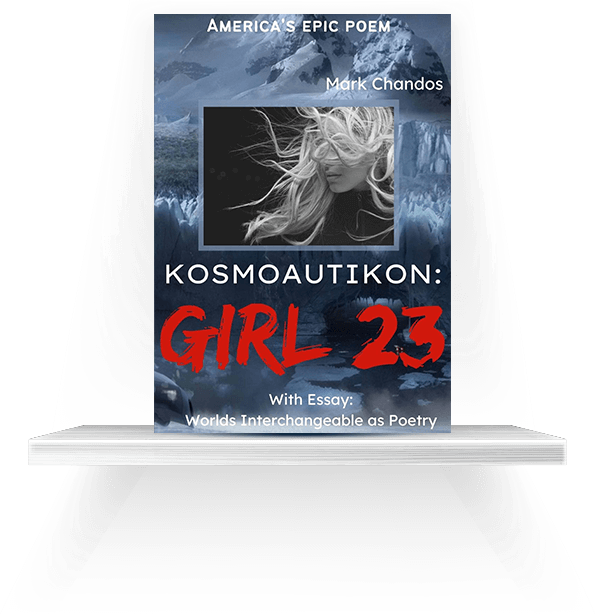Story Theory: Reality Is A School Of Poetry
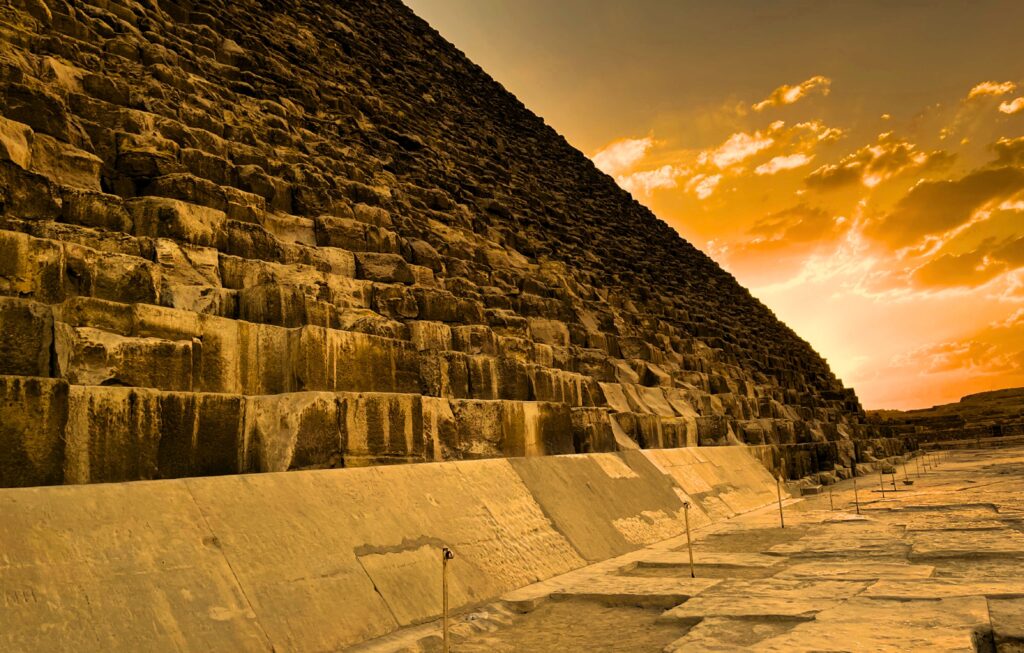
Story Theory: Reality Is A School Of Poetry
In Story Theory, whoever controls the World Metaphor (hegemonic language) controls the World Island (Pangaea). We know there is a World Metaphor since human language is a metaphoric construction and each civilization propagates its unique linguistic genius in a race for supremacy.
When a language of civilization becomes hegemonic, it controls the World Metaphor. The language of Pangaea is modernism – using Global English. Linguistic modernism controls the World Island. There is no place to hide from the metaphors of this language set (modernism).
In Story Theory, the poet is a visitor to the World Island. The poet recognizes that the World Island, like any society, so far from being a fixed reality, originates as a linguistic illusion in the mind of men – and is thereby promiscuous to further linguistic modification. That is what the poet knows. The world is formed linguistically and can be so altered.
Every person, like every city, completes the dream of the human mind in aggregate. A civilization tells stories of everything that is within the reach of their linguistic data-sets. The Age of Faith describes wonders only it could see, as the language of science describes evidence only it can describe – both are equally real and equally illusions of linguistic choice. No two civilizations have the same linguistic data-sets. In Story Theory, a narrative is what makes the world seem real. There is no other reality. Only within a context of story can the world make sense. With a context, worlds suddenly take on detail, relief, causation, and significance.
A child does not recognize “world” until it has a language – a rhyme or reason – a poem – a learned narrative of what the eyes see. Only then the human enters the World Metaphor with the elements of a story – implanted in his mind by a hegemonic story-teller. This is Story Theory. We live by the stories we believe. The most a man can do is leave behind a story of his life. Nothing else remains of his life.
To alter the World Island, the poet first makes a device to seize the World Metaphor. He must find the correct language. The original word for Poet in Greek was “the maker.” Once he masters the secret of linguistic codes, he resets the controlling images with enchanted linguistic indexes. He reprograms speech with newly charged symbols. He tells a deeply felt narrative to perform this metamorphosis.
The poet is a miner of the device. He uncovers to the light uncanny ore. His language exposes an intensely held emotion. The prophetic voice of a strong poet reveals secrets pre-positioned on the genome and releases this narrative in time and space to conduct its contest for good and evil. Who controls the World Metaphor, deciding the terms for good and evil, controls the World Island.
The strong poet goes on a one-way voyage with the people of his language – and learns one true thing. He holds this one true thing up to the light, testing his device against the light of the sun – since the sun is a metaphor for the unchanging soul. The poet has to trade his life for his wide fame. He has to drain his life on to the page, telling the story of one true thing – with a voice charged to the level of its content.
The thesis of Story Theory is that poetry is the only work of Homo sapiens that survives. We know by the inevitability of death that men are visitors to this world – and leave it after mastering its shadows. Therefore, the most a human knows of his existence is speculation.
The experience of world is only a subjective reality. Since who can deny your perception – or the way you see and experience the world? A man can say life is like this, or like that – that what he loves is like this, or like that – but each is a story, a narrative he alone has made. Each man makes his own test of the value of life. To perform this test a man supplies his own world – that is, his interpretation of phenomena and the events only he has seen. Life is a deeply subjective experience to the mind of the perceiver of “world.”
The fault of modernism is that it ignores the facts of subjectivity for the less precise, limited, and less verifiable, goal of objectivity. Again, as stated, an individual mind can only verify its own experience of perception. A man’s story is remarkably precise – and moreover, cannot be challenged – since who can say it was not so? Modernism fails at this test. That is, subjectivity remains the only precise experience of the world (by an individual). In modernism “repeatability” is substituted for precision and truth of the human in the round. Physical science cannot account for, still less describe, a more common human emotion and irrationality. Science is speechless about Homo sapiens.
The only way to make people agree on “scientific objectivity” is to teach them limited measures of small data-sets (scientism). With modernism, there are artificial rules, and if the rules are not followed, then modernism cannot operate. Modernism needs technology, electricity, and a market – or it cannot propagate its own image. It dies – because modernism is, in the end, only a language – not a final truth.
A human can only authenticate his own mind – that is, his own subjective experience of reality. In Story Theory, therefore, poetry is the only precise human language – given what a human mind can corroborate (his own). Only poetry relies upon the emotional (and irrational) precision of subjectivity. Poetry is thus a more precise language of reality since a man’s subjectivity is the only reality he can substantiate.
In this view, all other world phenomena are merely “shared” rumor or belief. Concerning other men and their thoughts, the most we can do is speculate on their being – their own experience of reality. We know nothing of the thoughts of another man – and thus we cannot know him.
We know we are speculators, as we know we are visitors since every civilization of Homo sapiens has been replaced by another – telling radically different stories of human life. Each succeeding civilization invents a new creation story – a new Genesis, or a new Big Bang – and a new way of seeing man’s place in the chain of existence. No one civilization is ever the same. By this observation, we discover one true thing: no human civilization has ever got “reality” right – and never will.
That means that modernism will pass away just like medievalism has passed away. Western liberal democracies are cosmic bubbles, a layer of froth, a resting place between more ubiquitous totalitarian states.
This argument makes modernism equal in stature and brilliance to medievalism – or Classical paganism. In this thesis, the narrative of “Genesis” has equal standing with the scientism (the Big Bang). Both are brilliant poetries – full stop. Genesis is a truer emotion – insisting there was a prior intelligence before matter; that is, the idea of man has to be perfect – since only perfect things are eternal (re. Plato). The Big Bang can’t even decide if the atom is empty or not – or if the world we see is good or not – or real or not. It is a weak myth.
In Story Theory, every human ever existing was a speculator, never once grasping an overarching reality – seeing, at best, a subjective impression. Every civilization finds what it is looking for – but only by making leaps of speculation.
In a Jerusalem trash dump, Islam found the Dome of the Rock. The story stuck. And this is why, in Story Theory, man’s greatest and most essential quality is that he has a story to tell. Every God – and I mean true God – is born from a man’s story. How could it be otherwise? Where did every god ever appear to men – except in his own mind? Only the perceiving mind of man detects the presence of gods. There is no shame in this. It is how our mind works.
Thus, and this is the point, each human story is somehow true – since who else makes context and value? A man’s story is all that remains of his existence on earth. Those who do not believe in the “reality” of a story have to deal with Bibles, Korans, Gospels, Talmuds, Marx, Engle, and the Bill of Rights. I do not envy their task. They will soon have to give up the argument. Every civilization lives and dies by its beloved stories and myths of gods – by their Big Bangs and their spooky inference of first principles.
If the most a man may achieve is to be a story-teller, then the most he can be is a maker of the World Metaphor. If a linguistic metaphor represents the sum total of a man’s world, then poetry may be the highest language of Homo sapiens –since poetry is the highest form of metaphorical architecture.
For this reason, it may be observed, all that remains of human civilization is its poetry. Each narrative has its own creation story and that’s how we differentiate separate civilizations. Successive civilizations boast radically opposed data points, with their own charged symbols of power. Modernism ignores this fundamental, acting as if it alone is the final language of Homo sapiens.
On earth polytheism was followed by monotheism, followed by secular materialism, followed by, today, irrational screen imagery. This tells us everything we need to know about civilizations. No civilization ever sees “reality” – only a friable language of “reality.” Civilizations can only climb up into their own poems.
Science is not the final idiom of Homo sapiens. Story Theory explains the poets of the modern age failed to see that science itself was a brilliant school of poetry – complete with its own symbols and linguistic data-sets. Modern poets failed to see behind the false curtain of scientism. Science is a linguistic illusion – brilliant poetry.
Science is a bearded lady. The man on the street believes in science because he is taught its data-sets only superficially. He believes in matter, but he cannot perform the methodologies of science – that is, he is not able to execute the math equations – cannot give a mathematical proof of any theorem. Less than .01% of modern populations use science as a profession.
The mistake of scientism was that it assumed that its new brilliant poetry was exclusively the only accurate representation of reality. This is an overreach. Language cannot exactly embody any possible reality – it can only make a poem of reality. So we find one true thing. Reality is a fool’s game.
No savant has ever seen reality. Because we are visitors, no one owns the language of reality. No man has ever seen reality in its full scope. Our mind (of language) was not made to see any ultimate barking reality. The fatal flaw of science is that it proclaims in schools that its choice of data sets is the final language of Homo sapiens. Rather, scientism is a civilization of linguistic brilliance caught celebrating its own poetry. Poetry goes in, belief comes out. That’s how the mind of Homo sapiens works. There never was an exception to this rule.
Why is the alphabet so central to our thesis? The alphabet permitted rational ideas to spread and be recorded in each generation. Thales of Miletus, using rationality to explain life, and not the gods, made the first step that led to the logical conclusion of man’s total domination of nature – and the Apollo space mission in 1969.
The first written “texts” were produced in Greece, and this revolution allowed men to explain the world in rational terms. The alphabet was a new language. The Greeks would tell you that they obtained writing from Apollo (the god of writing and science). Consequently, Apollo is an important figure in the history of Western thought.
This new world, rationalism, with its own data sets, was an artificial world. That is to say, it was not an organic outcropping of nature. Technology (rationalism) has to be learned for twenty years on average before a student is its proficient operator. The danger to this world is its extreme self-reference and complexity. It does not take much to tip this world over. It needs uninterrupted jolts of electricity.
An artificial world, in so far as it is an illusion of world, has, also, no solution. The alienation of modern life is a cliché – for good reason. It is because the institutions of science promise a final proof they cannot deliver, harshly limit their data-sets, cannot account for the mind of Homo sapiens, and are disingenuous about their motives and death-dealing products.
As some commentators on modern life have observed (Dr. Kissinger), every modern technology is only a free ticket to a plethora of unsolvable problems. As society becomes more artificial, it becomes more friable and burdensome to its operators. Truth, in this atmosphere, becomes irrational – more and more “theoretical.”
In Story Theory, Homo sapiens was not waiting for technological modernism to achieve completeness. Every past civilization is our example of the thesis. The Plains Indians were supremely well within their world – and they had no alphabet, metal technology, no electricity. Who will dare pity them their civilization? The Spartans were well within their skin and did not wring their hands for the lack of democracy or electronic screens. In Story Theory, therefore, technology represents a regression, an intellectual ghetto. Artificial technology looks more and more like an illusion with no solution. Technology crushes the soul of Homo sapiens.
Poetry, on the other hand, is an echo of our human origin and is an initiation to the path on where we are already speeding. Poetry demands that you talk honestly, that you confess, that you tell the truth. The poet of each generation holds up a mirror of his society – and shines it back with a brilliant light. The strong poet will evaluate the highest and most essential questions of his time, and choose a voice rising to the level of his answer. This is the issue: poetry has failed to keep pace with the prestige of scientism in universities (i.e., wealth, funding, advertising). More to the point, poetry has lost the authority to explain reality to its society. It is no answer that modern cinema and TV have replaced poetry. This is a weak response – displaying a total incomprehensibility of the art of poetry. Story Theory identifies the phenomenon and makes a correction. There is only one solution to modernism. Poetry has to tell a story again. There is no substitute for language that carries a powerful narrative. No possible world has reality or context without a story. The poetry of science, its narrative of brilliance, for example, has met this challenge with virtuosity. But there is a problem. Science is no longer able to sustain its own linguistic correlatives. If it kills too many, deforms too many, lies to too many, science becomes a wounded morality.
An argument can be made that this is an opportunity for the poet. Poetry is an organic thing in itself – needing no assistance of electric mediums. Poetry is not a tangential subset to other arts. Poetry is not able to be subsumed by Rock‘n’Roll musicians, but rather defined and recognized by its isolated metrical and emotive power – and thus its permanence.
First, poetry is impervious to time since, like computer code, poetic meters have to be kept in the same sequence as the poets made them – just so – and cannot be translated or “adjusted” to suit the bias of a future editor.
Second, poetry is not defined by its adaptability to modernist political ideology, rational prose, or altered images on a screen. As any mirage in the desert, modern inventions are passing heat storms. Each technology disappears and reforms in a moment. It is a throw-away culture. Poetry endures.
Therefore, it is not enough to say that poetry is now, today, something else – pop music, films, pornography, or political speech. Each explanation has been advanced by journalists sometime during the last eighty years. These are weak excuses offered to explain why modernism has made the misprision that poetry no longer contains vital information.
Let’s be clear using a metaphor a modern can understand. Most people today will agree that only a black man can tell you what it is like to have black skin in America, and no one else should attempt to make his representation. That’s clear. In the same way, only a poet using meter can define poetry – and no one else should be asked. The poet feels the existence or the loss of metered poetry in modern society – intimately. Wait to hear a metrical poet’s definition of poetry.
What is the case of poetry at the present day? It can be stated in one sentence. It does not exist as an authoritative art. No person on the street in America can name a greatest living poet – nor do they feel alarmed that poets (and poetry) are insignificant in their lives. This is the first civilization in human history to be so situated.
Moderns are right not to value modern (prose) poetry – since there are so few poets of metrical power in modern society. Most that wish to call themselves “prose poets” are representatives of a single demographic, a single political ideology, who exist only by a government committee, awarding grants decided by academics – who, inevitably, are also of one political ideology. Ideological groupthink never made a great school of poets.
A case can be made that a totalitarian ideology represents the death of plurality in modern society and negates any claims of democracy. Looking at the history of fascism and communism, we confirm, there is no great writing without plurality or equally rewarded freedom of thought. No one reads Nazi or Soviet poems for pleasure or information. In every case of politic control, free thought (that is, non ideological writing) is strangled under totalitarian ideological movements.
Because of a monolithic, militant, and forbidding leftist ideology, a great poet is the rarest of all workers in our society. This is certainly a choice that can be made – and many societies have made this choice. They will disappear – as the Third Reich and the Soviet Union have disappeared.
When there are substantial punishments for not supporting a dominant ideology, there is great fear in the culture. When academics of one political ideology control over 95% of professorships, education is mocked and becomes an exercise in totalitarianism. This is the case at the present day.
What then do we want to do? We wish to make clear why the world is better described as a school of poetry. This argument, if made, may authenticate the central prestige of poetry in human societies.
Then there are the usual concerns of the poet. We wish to use Global English in a race for supremacy, extracting the prestige of Global English from its dark fate with a lying civilization (scientism).
Pangaea, after all, is an opportunity for a strong poet using English. Each poet should intend to make his language the supreme speech of Homo sapiens. What other race is worthy of the contest?
The poet should write a book that is not like other modern books. He should infuse his poem with sufficient secrets and pleasure to ensure that Global English enters the outer solar system – like a girl riding a dolphin – to become the speech of the future galaxy.
That is one thing worth fighting for.

